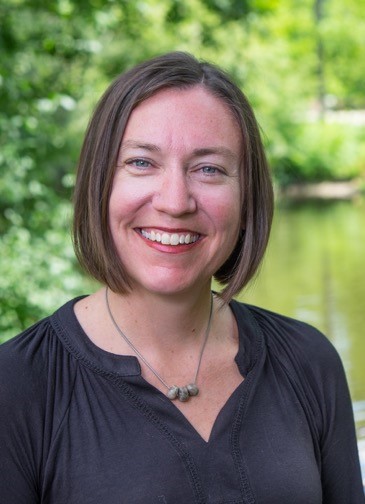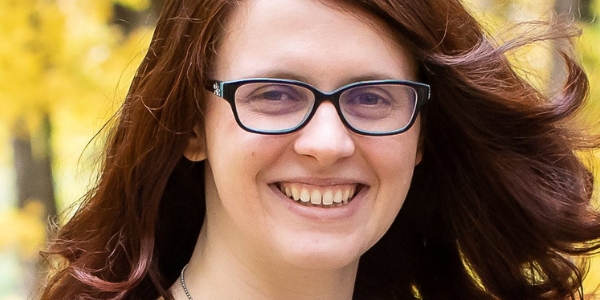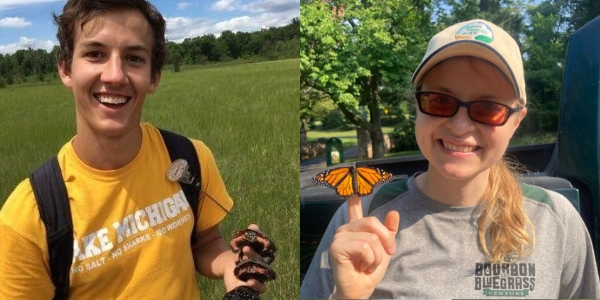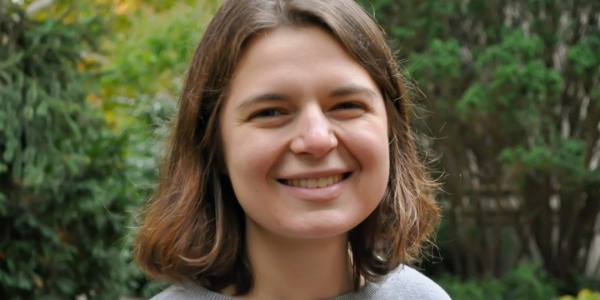CLIMBS-UP receives NSF grant to study inclusivity in STEM faculty
CLIMBS-UP, a collaborative research project between Michigan State University and the University of Michigan (U-M) to study inclusive environments in science, technology, engineering and math (STEM) within academia, has been awarded a three-year, $1.4 million grant from the National Science Foundation.
Kendra Spence Cheruvelil, a professor in the MSU Department of Fisheries and Wildlife, the Ecology, Evolution, and Behavior Program and Lyman Briggs College, and Isis Settles, a professor in the U-M Department of Psychology and the U-M Department of Afroamerican and African Studies, lead a multi-institutional team of researchers investigating how inclusivity affects outcomes of early career scholars in STEM fields.

"In our past work, we learned about the ways that open science can increase community-engagement in science, how power dynamics affect the authorship decisions that often determine academic success, and how team climate affects career outcomes in academia, especially for people from marginalized groups," Cheruvelil said. "This new grant allows us to broaden our scope to study new disciplines, all with the goal of helping to broaden participation in academic STEM careers."
The project will be built on the organizational theory of Person-Environment Fit, which suggests that career outcomes are improved when an organization's work environment matches the needs, skills and values of its employees.
Researchers contend that for individuals in underrepresented groups to flourish, they must be in inclusive climates where differences are valued and everyone is welcome. For example, Cheruvelil said "authorship of publications is an important measure of academic success and is a critical area to introduce more inclusive practices."
"Most previous research has focused on inclusive climates in a scholar's department," Settles said. "An innovative aspect of our project is that in addition to the department, we examine inclusive climates within research groups and in the larger profession. We think that inclusive climates at all three levels inform early career scholars' decisions about entering or persisting in academic careers."
Read more at CANR.



